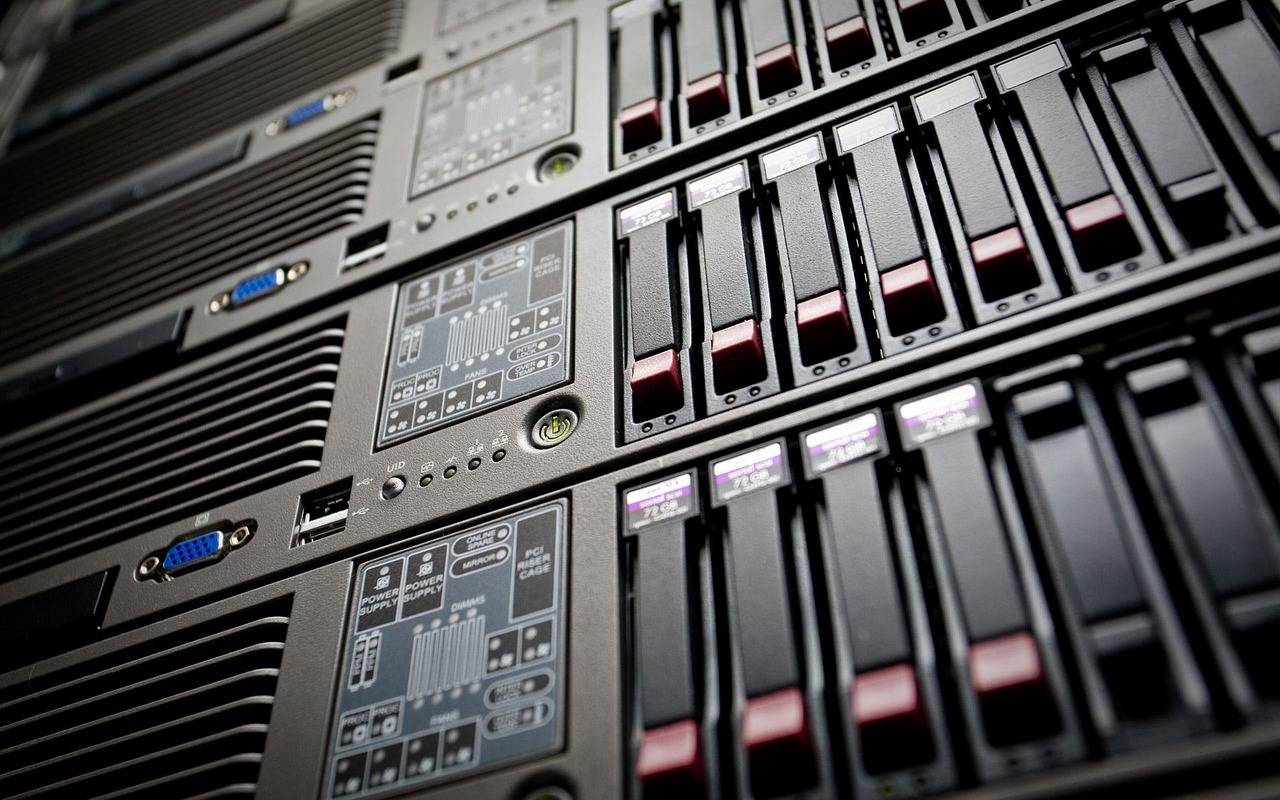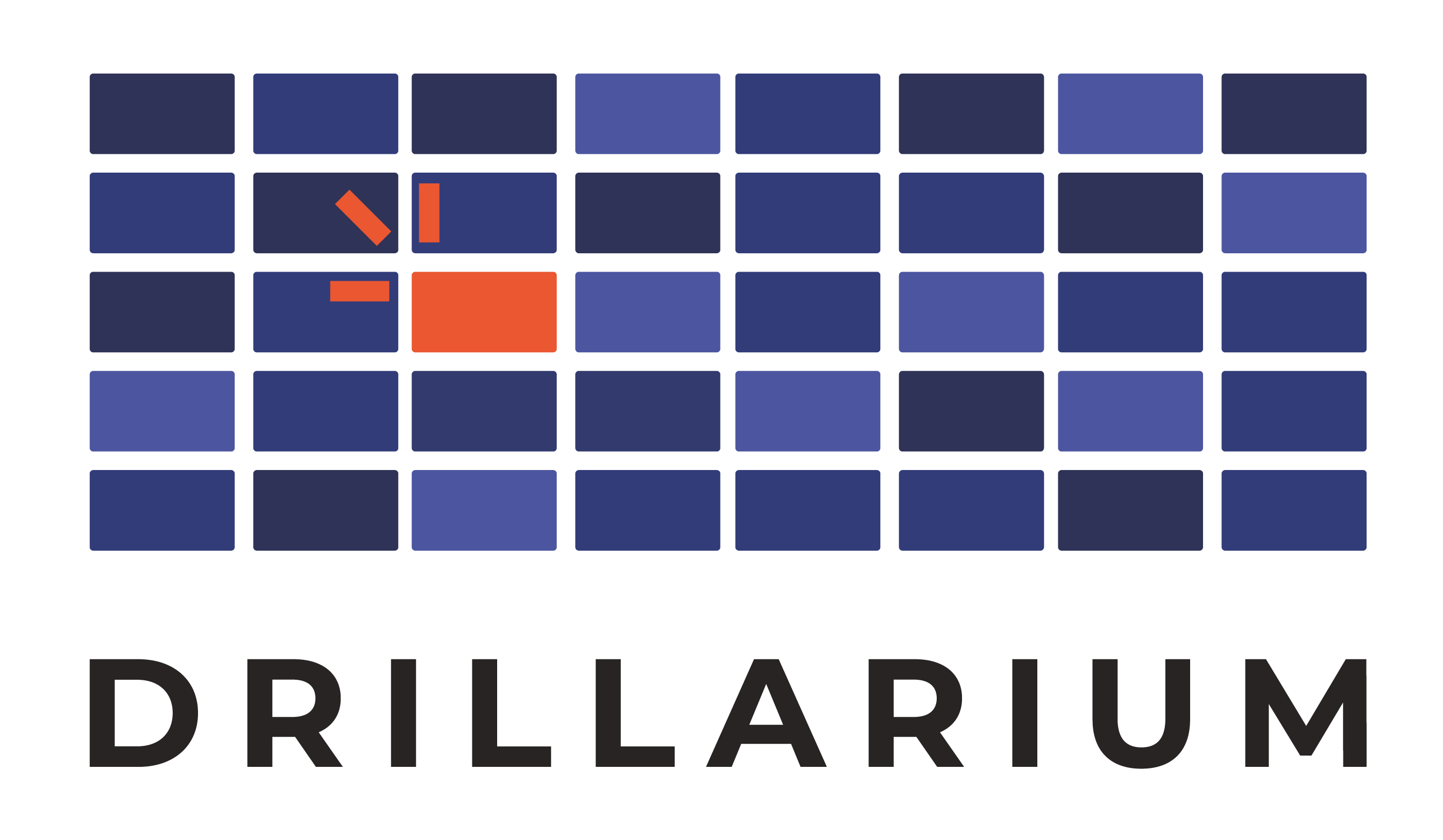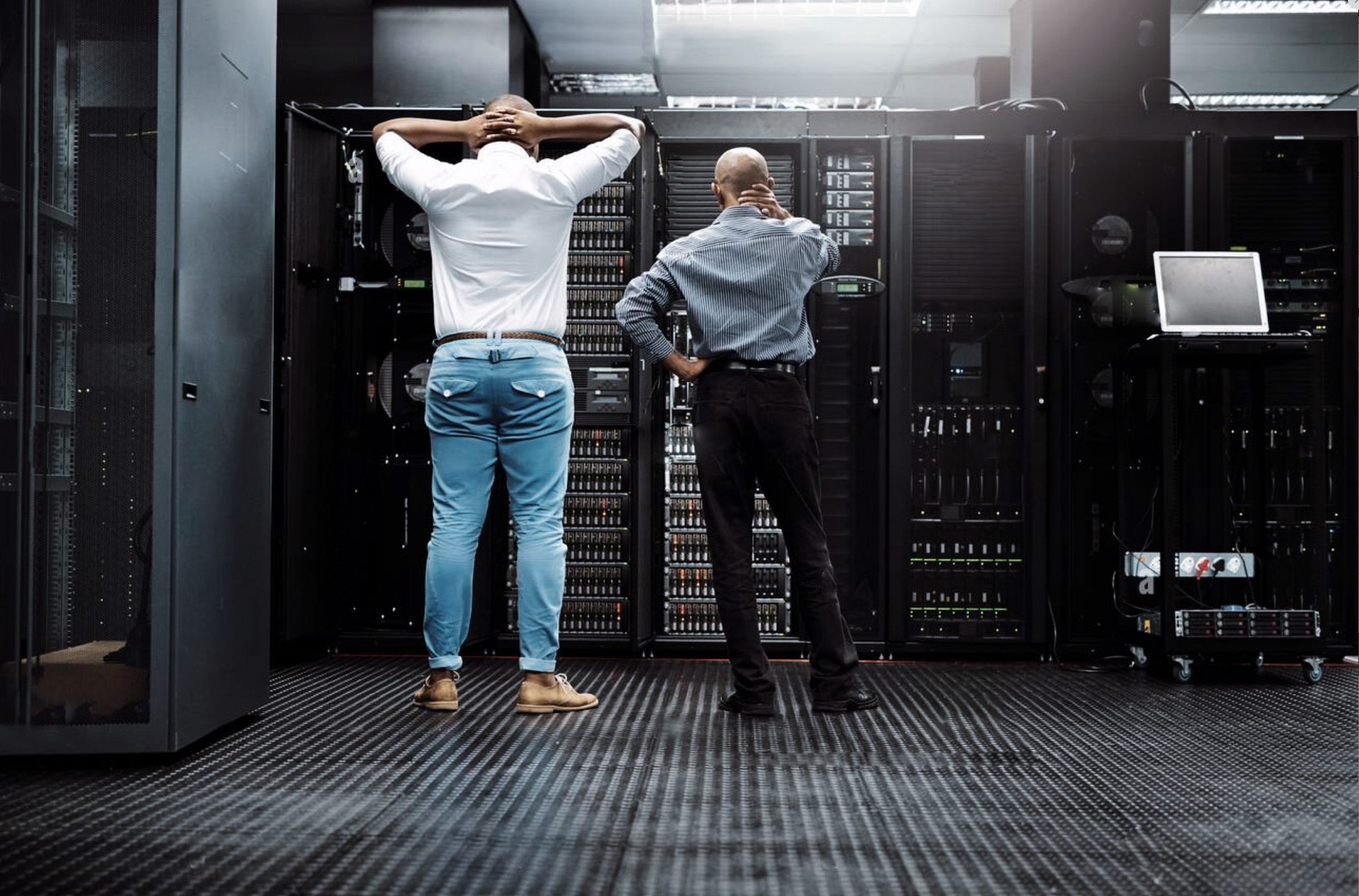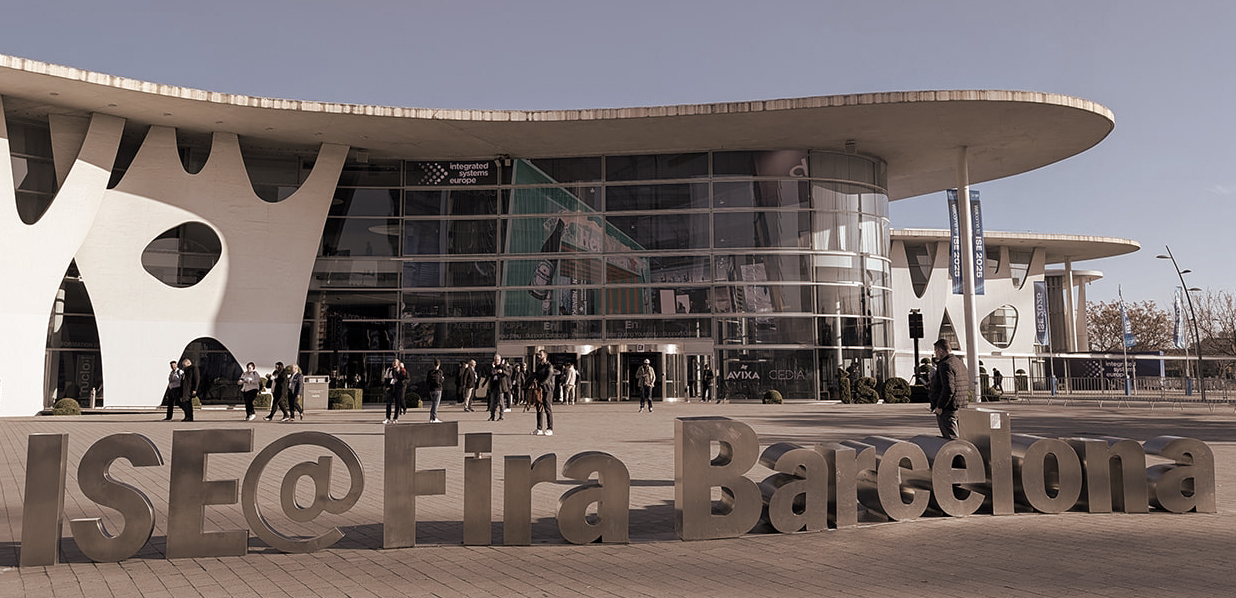Centralized “Disaster Recovery” service
By centralizing the DISASTER RECOVERY installations of several televisions, substantial savings can be obtained. The operator that distributes these channels has a business opportunity by offering this service to its clients
The client's need
Improve profitability
The interruption of the broadcast on a TV Channel is a serious problem because if it is prolonged the user may not tune in again. To avoid this problem, the installation of a recovery system is required.
A disaster recovery system for a broadcaster is an essential tool not only for technical operation, but to ensure reliability, strengthen brand reputation, protect revenue and offer a better customer experience. From marketing, it can be positioned as a competitive differentiator that guarantees continuity and quality of service.

Multichannel Playout to create centralized backup systems

DRILLARIUM is a Multichannel Playout Solution that allows you to create centralized “backup” systems with different degrees of operability. From “cold redundancy”, in which the TV has a switched-off device from which it can start broadcasting at any time, to mirror broadcasting in which the TV has a second signal identical to the one it is broadcasting, with various options remote or automatic operation.
DRILLARIUM allows you to install and centralize Disasters Recovery for DTT operators and for them to offer this service to their clients or to TVs in general.
Testimonials
Television is a critical communication service that must be available without interruptions, especially in emergency situations or high-profile events (live news, sporting events, high-rating broadcasts). A disaster recovery system ensures that the broadcast signal is protected against technological failures, natural disasters or cyber attacks, ensuring that the service is always available. From marketing, this means:
Not having a disaster recovery system can generate reputation crises if prolonged interruptions occur. Audiences and advertisers tend to associate these problems with a lack of foresight and responsibility. From marketing, the implementation of a solid disaster recovery plan allows:
Transmission interruptions can be very costly. Investing in a disaster recovery system can save significant long-term losses by ensuring continuity of advertising revenue and meeting programming commitments.
Audiences expect television to be available whenever they turn on their television. TV operators that have a well-implemented disaster recovery system ensure that users have a smooth experience, which in turn can result in:
Loyalty of the operator's customers.
Cost optimization by centralizing them.
Generation of resources for the operator.


Enjoy the biggest event in the audiovisual and systems integration sector